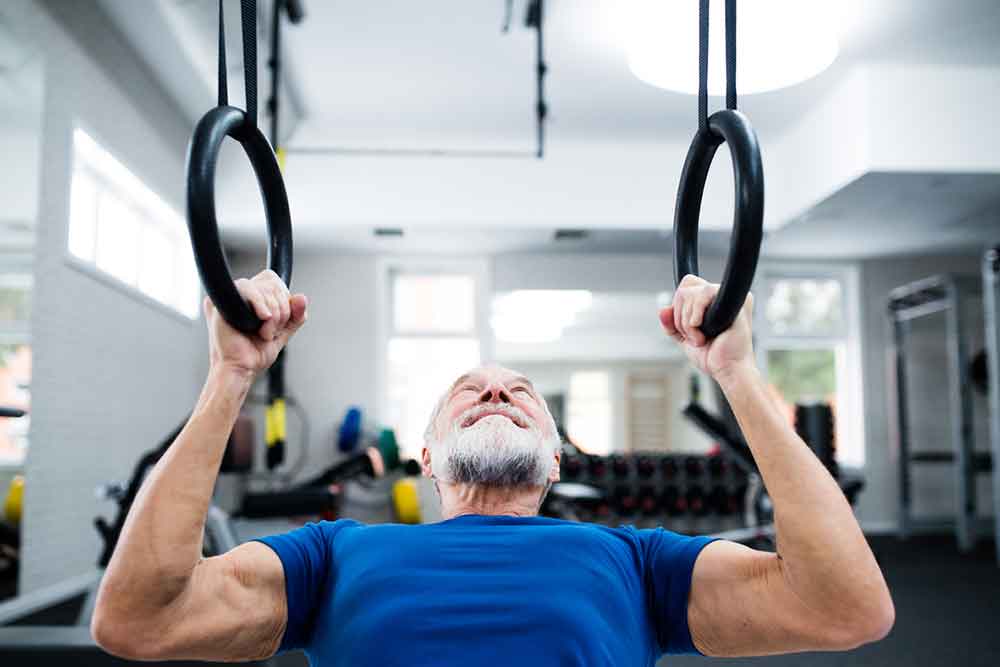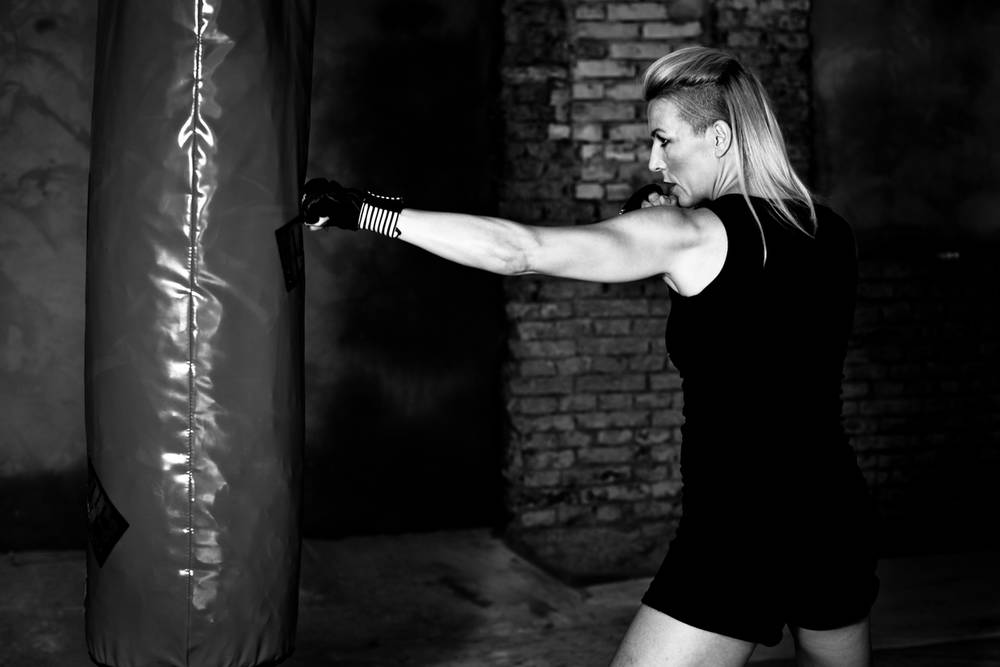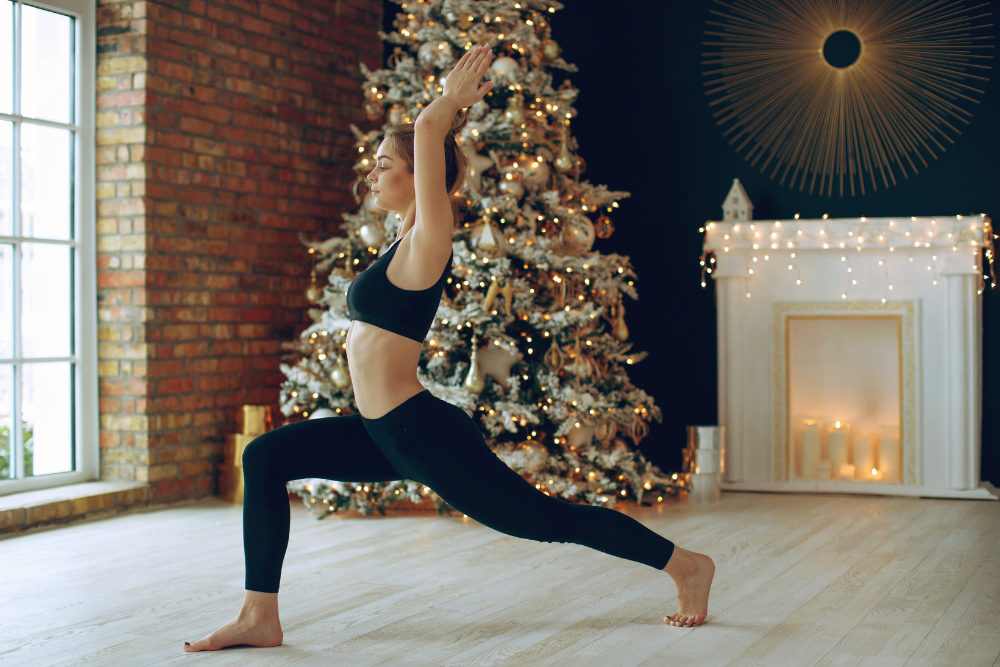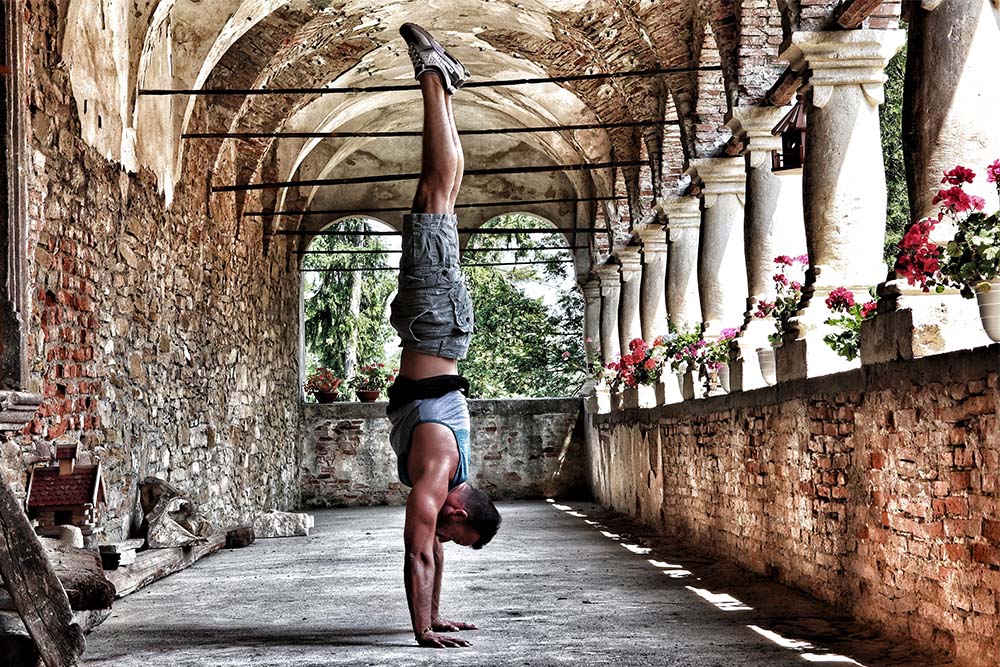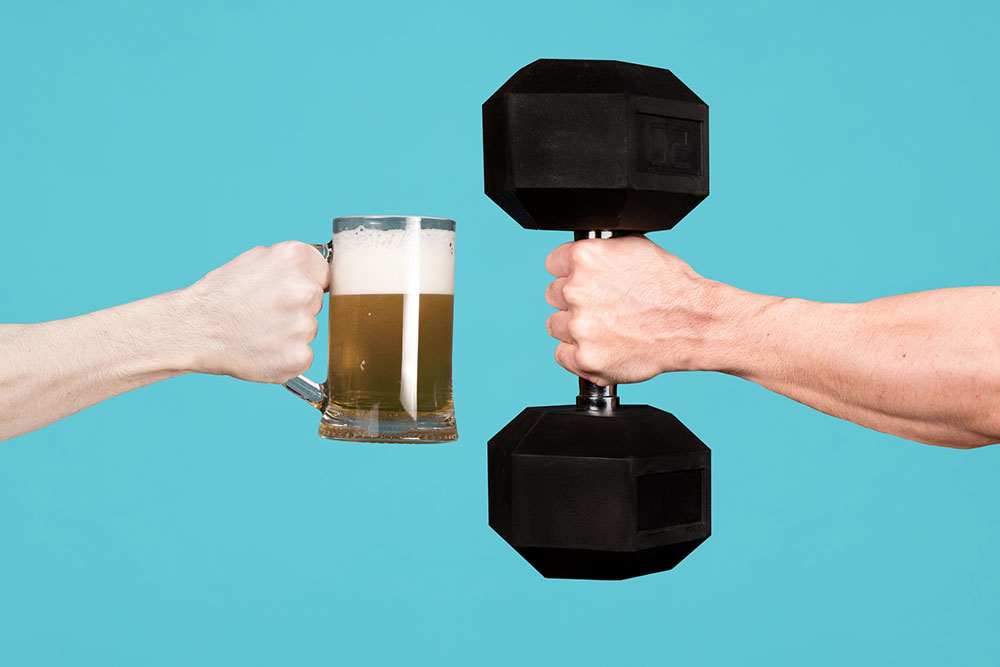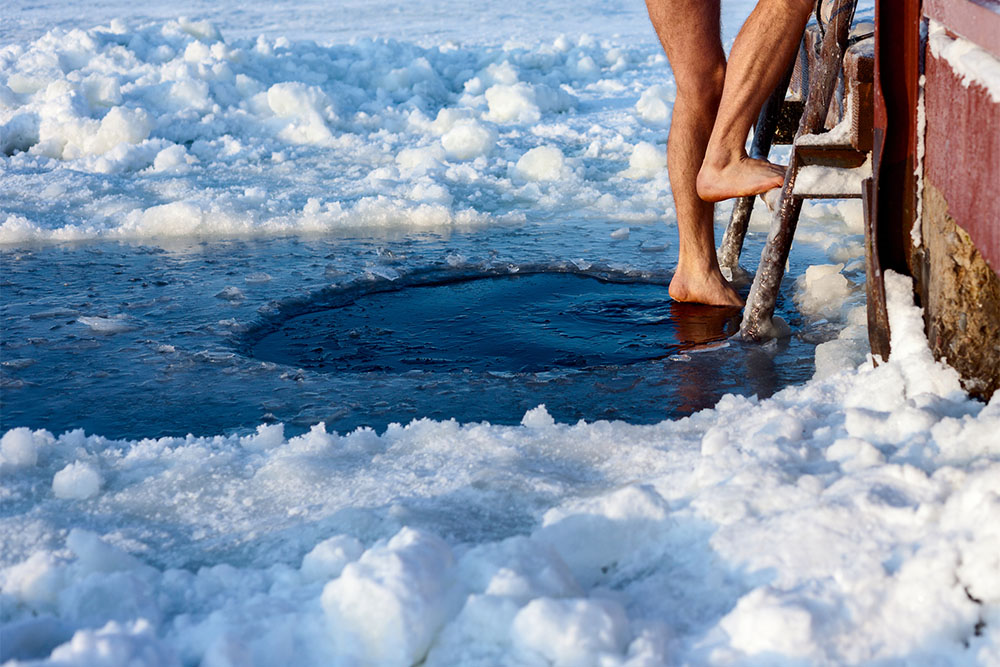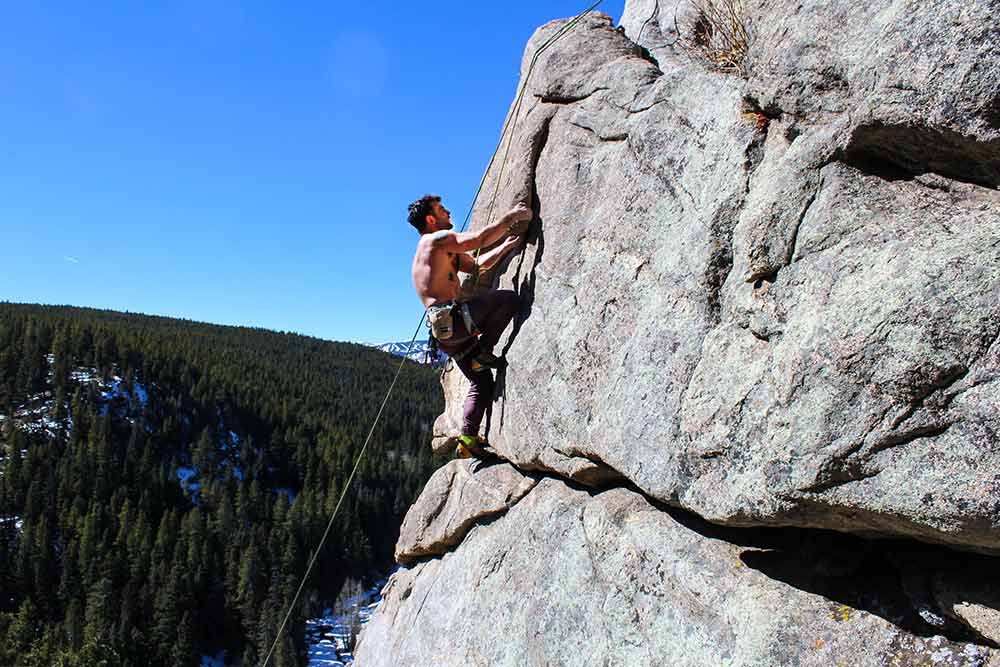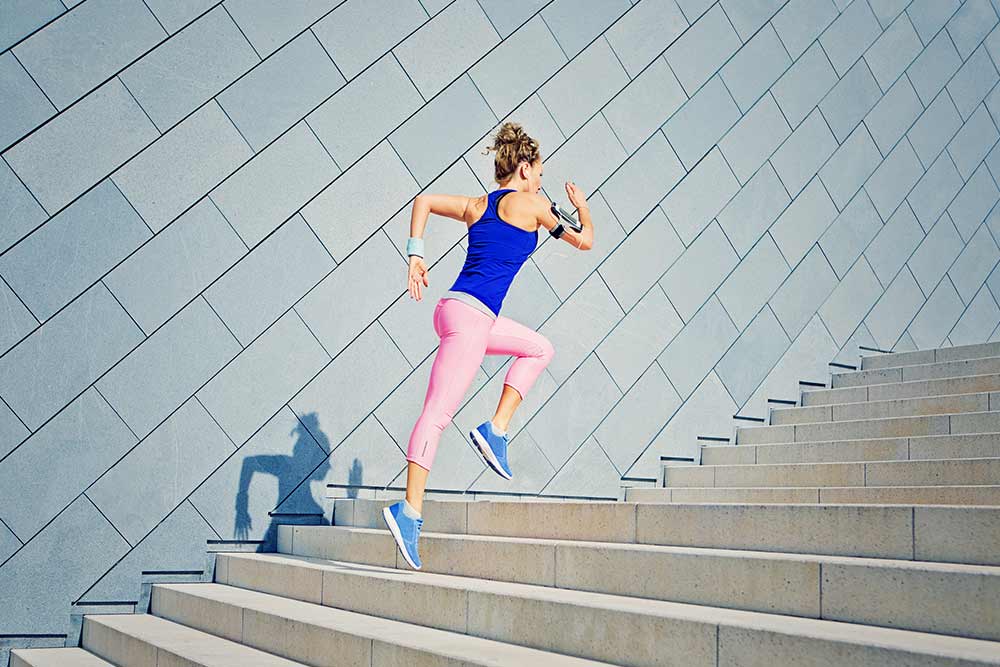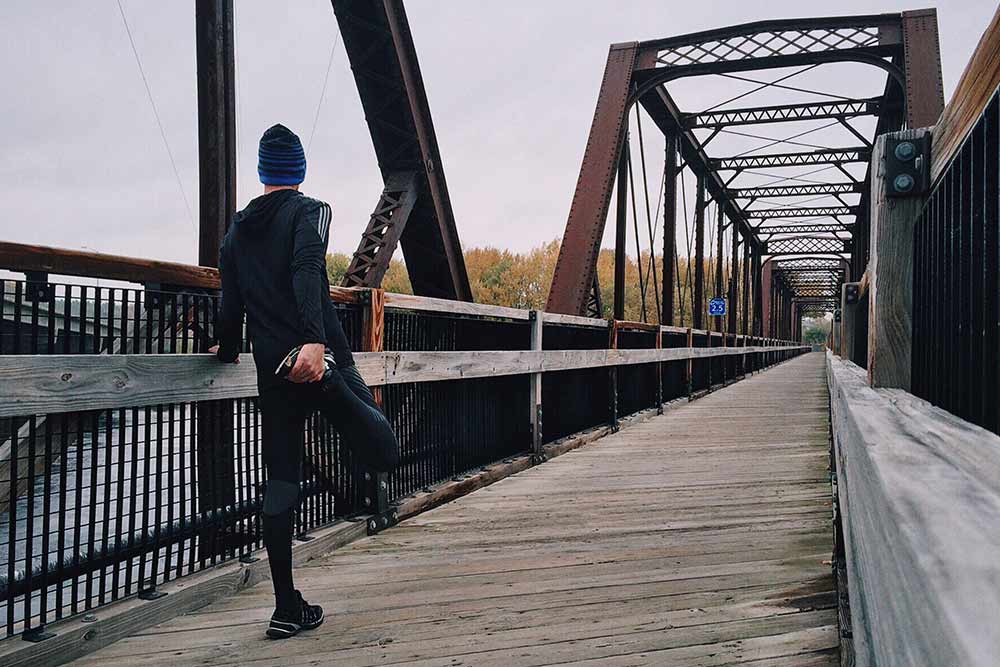Effects of Alcohol On Your Workout
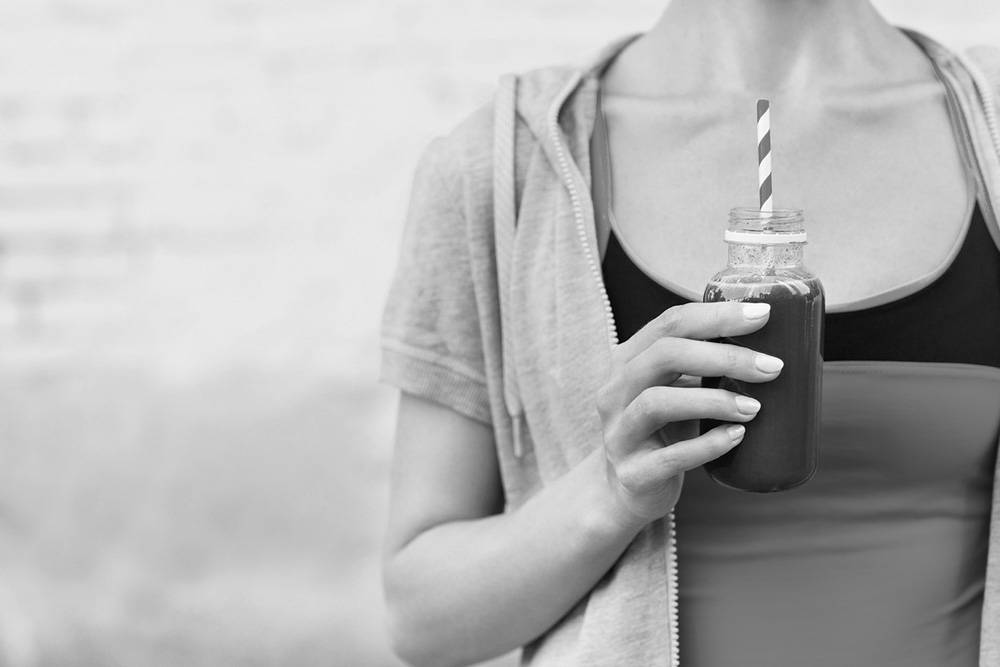
Gillian White – MSc, PhD (C), University of Toronto, Department of Exercise Sciences
Is a post-workout social getting in the way of your training?
 One of the major areas of study in exercise science in both research and as an active person, is learning how to get the most out of your workout. How do you maximize effort during the workout or recover better after the workout to get the greatest training gains?
One of the major areas of study in exercise science in both research and as an active person, is learning how to get the most out of your workout. How do you maximize effort during the workout or recover better after the workout to get the greatest training gains?
Strategies can range from intensity to biomechanics of your workout to nutrition and other practices post-workout. And because exercise in itself is something of a practice of sacrifice, sometimes the lessons you learn can be things you wish you could unlearn. For me, probably one of the most upsetting things I’ve learned in my time as an exercise scientist is that alcohol post-workout blunts training effects.
At the risk of sounding like I casually fill up my gym water bottle with pinot grigio, I’ve always been a student of the ‘work hard, play hard’ school of thought. Or at least the ‘everything in moderation’ way of living. While it’s not uncommon to enjoy a social component with your exercise plan – beers after running club or with the team – when it comes to getting the most bang for your buck, the post-workout unwind can be to blame when you aren’t seeing the effects of your hard work.
The Good News And Bad News
This is a good news and bad news situation, so I’ll start with the bad news about the detrimental effects of post-workout cocktails and then get into some strategies about minimizing the negative effects.
Related Article: Exercise May Improve Brain Health In Adolescent Binge Drinking
The Bad News:
While having a drink to unwind or going for beers with the team isn’t the absolute end of the world, it can interfere with post-exercise processes like rehydration, restoring fuel in muscles, and building muscle after a hard workout.
After an aerobic workout, it’s important to replace the fuel you used that was stored in your muscle. This is the premise behind “carb-loading” before an event – stocking your muscles with glycogen to have large ‘in-house’ fuel stores to draw from. Your muscles can also use fat for fuel but glycogen is critical for supporting really long exercise (>1h), short/intense bursts like HIIT or hills (or stop and go sports), and exercise in the heat.
When you drink after a workout or game, your muscles don’t store glycogen as effectively (Burke 2003). The detrimental effects are most obvious in the hours after exercise and start to catch up with levels similar to what you’d expect with no alcohol consumption by 24h or so.
The Silver Lining
Another import recovery practice after these same types of exercise is rehydration. Getting a great sweat is key to getting benefits of exercise but when you grab a post-game beer (or mojito if you’re feeling fancy), it can get in the way of replacing fluids lost as sweat. Most people are familiar with the sensation of having to pee when you drink – this means that even though you’re consuming liquid (in beer form) it doesn’t stay in your body so it’s not really doing its job. However, this is 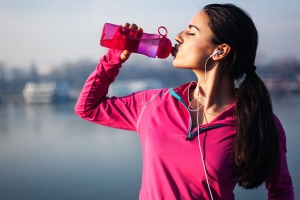 only true for beverages with alcohol percentage >4%, so there’s a silver lining (Shirreffs et al. 1997).
only true for beverages with alcohol percentage >4%, so there’s a silver lining (Shirreffs et al. 1997).
Muscle Recovery and Protein Synthesis
Probably the most detrimental effect of alcohol post-exercise is its impairment on muscle recovery and protein synthesis. Alcohol has been found to worsen the strength losses that occur right after a workout when muscles are still sore (34-40% strength decline vs. 12-25% decline with no alcohol) (Barnes 2010).
While nobody wants to feel weak, what’s worse is the effect of alcohol on protein synthesis. High-intensity exercise causes some damage to muscles which are then repaired to be stronger than they started. It’s like breaking eggs to make an omelet or spending money to make money. This is what causes muscle soreness, but is also inherent to the strength and muscle mass gains that you strive for when you workout.
Related Article: 10 Exercises For Holiday Travel & Recovery Tips
The Study
The ratio of muscle breakdown to muscle buildup is termed fractional synthetic rate (FSR), which essentially means net muscle building or ‘protein synthesis’. Parr et al. (2014) found that when you have alcohol after you exercise – even if you have it with protein supplements – your FSR is impaired. They tested alcohol with carbohydrates or alcohol with a protein shake against a protein shake with no alcohol and found that while protein and alcohol is a bit better than carbs and alcohol, any either alcohol condition impaired muscle building compared with just a sober protein shake (Figure 1).
From these findings, they concluded that a post-workout bevvie blunts the anabolic (muscle building) effects of exercise, which can be expected to reduce the training affects you see with your training regimen.
Figure 1. Protein synthesis post-exercise. Alcohol with either protein or carbohydrates results in lower protein synthesis than protein alone. Alcohol with protein results in better protein synthesis than alcohol with carbohydrates. Parr et al. 2014
The Good News:
You don’t have to abstain altogether to still see training effects. If you’re someone who’s in it as much for the social as you are for the sweat, you can still have your beer and drink it too.
- Choose lighter beers & cocktails – ideally less than 4% abv.
- Order a salty app too – For rehydration and replacing muscle glycogen, have salty carbohydrates, with your drinks. This will help keep fluid in your body and provide carbohydrates for fuel storage.
- Don’t skip your usual post–workout protein – If you’re cocktailing after a hard strength workout, make sure you still give your body adequate protein. It’s not perfect, but it’s better than nothing.
- Do skip the bar after a really hard workout – Your hardest workouts are the ones driving the biggest gains. If you’ve just killed yourself in the gym, don’t shoot yourself in the foot by having drinks. You’ll take longer to recover, feel weaker the next day, and see smaller training gains. Just stick with your normal post-workout nutrition and save the socializing for another night.
References:
Barnes MJ, Mundel T, & SR Stannard. (2010). Acute alcohol consumption aggravates the decline in muscle performance following strenuous eccentric exercise. Journal of Science and Medicine in Sport, 13(1):189-193.
Burke LM et al. (2003). Effect of alcohol intake on muscle glycogen storage after prolonged exercise. J Appl Physiol, 95(3); 983-990.
Parr EB, Camera DM, Areta JL, Burke LM, Phillips SM, Hawley JA, et al. (2014) Alcohol Ingestion Impairs Maximal Post-Exercise Rates of Myofibrillar Protein Synthesis following a Single Bout of Concurrent Training. PLoS ONE, 9(2): e88384.
Shirreffs, SM, & RJ Maughan. (1997). Restoration of fluid balance after exercise-induced dehydration: effects of alcohol consumption. J Appl Physiol, 83(4): 1152–1158.
You Might Like:




